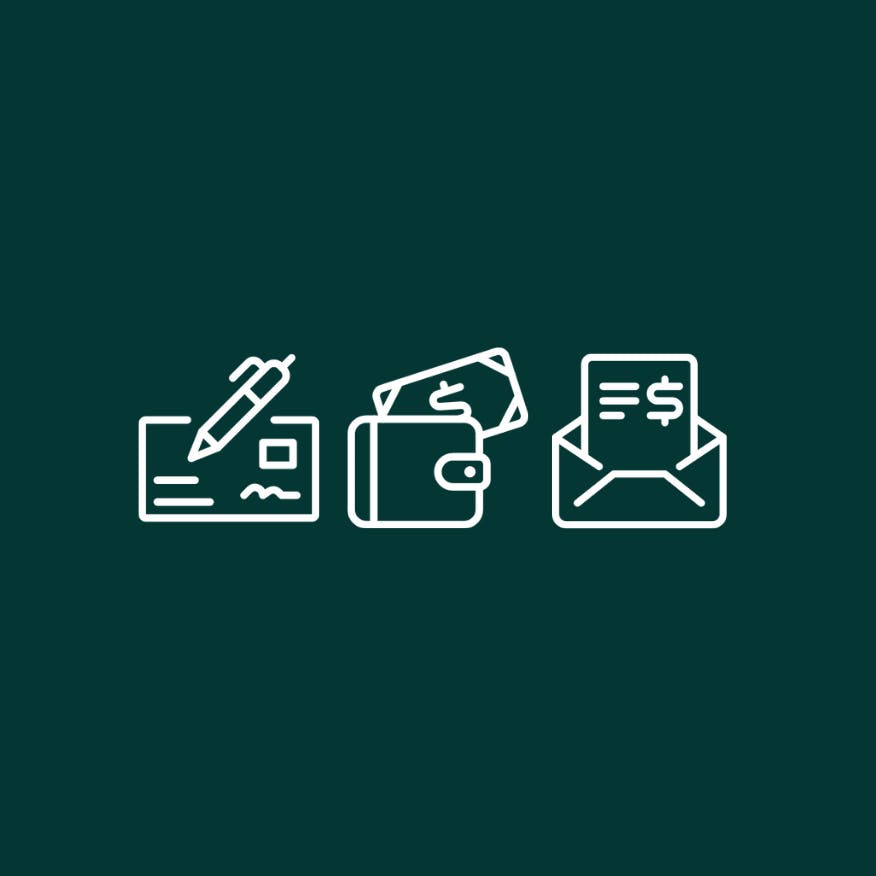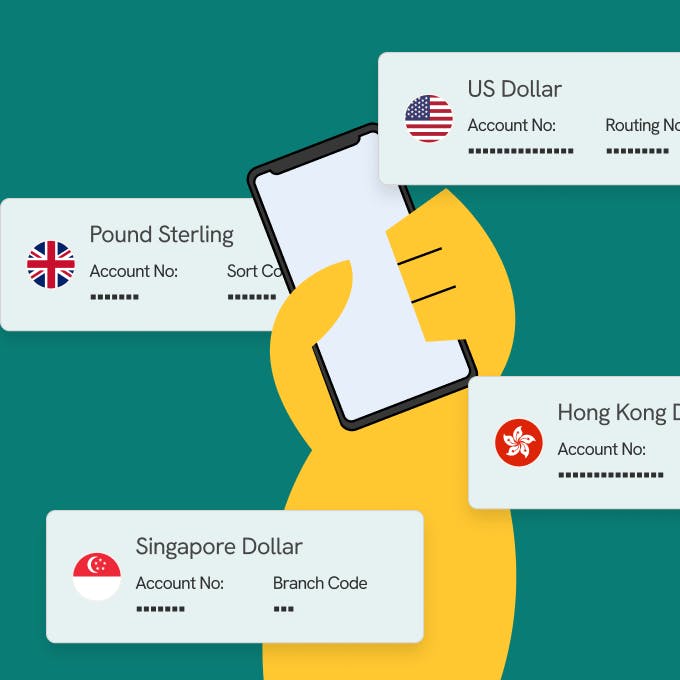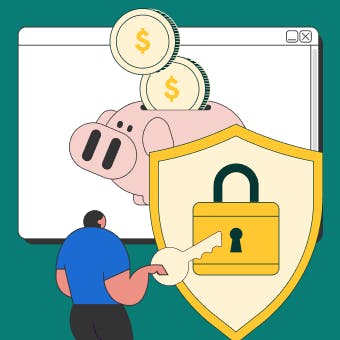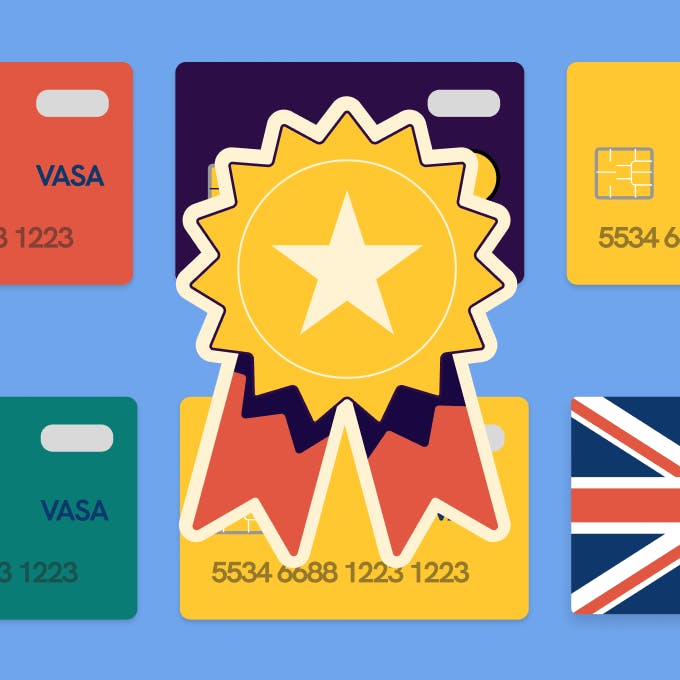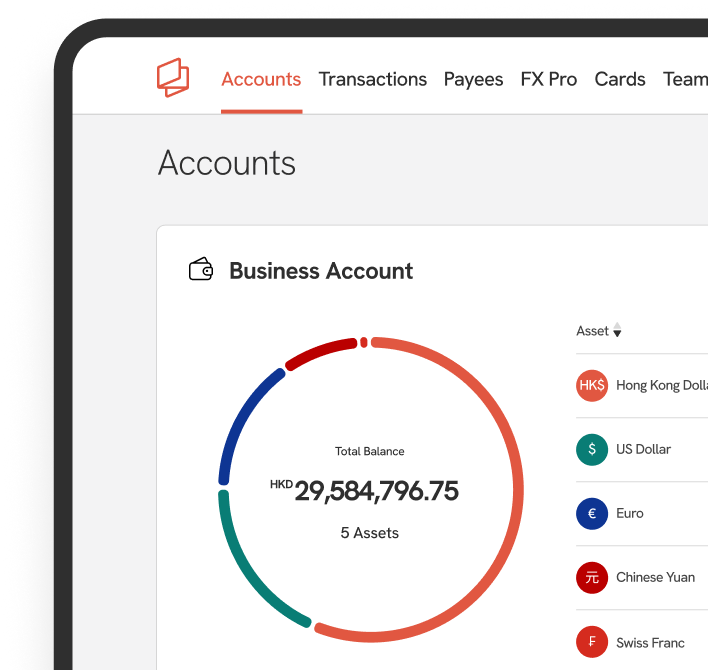As the world moves more toward a global economy, many individuals take their business life beyond borders.
Digital nomads are flooding the marketplace, taking advantage of an increasingly digital world--consultants, web developers, creatives, and many other professionals and ex-pats are able to live and work from any location.
The Challenge of Traditional Banking for Digital Nomads
A life of travel setting up a workspace wherever you please sounds amazing--so what’s the catch?
Unfortunately for digital nomads, traditional banks have never been inclined to back the bohemian lifestyle.
Even for those with strong skills and earning power, banks are often reluctant to accept non-residents and don’t offer remote opening options.
The few that might manage to get through the hurdles can find themselves slammed with high fees.
While the nomad lifestyle can be extremely fulfilling, the bottom line is that it creates a series of issues that most banks aren’t equipped to deal with.
This includes an inability to present in person (if you move internationally), and a lack of necessary documentation (due to lack of physical ties).
Another big roadblock for many digital nomads is the lack of an established tax residency.
For those who travel across several countries over the course of the year, it’s not unusual to not have established a tax residency in a particular country.
While this makes things difficult with the current generation of digital nomads, it is only becoming more restricted.
Business Account Options
There are some common options considered for business banking for digital nomads.
Looking outside of the box, they can choose to do business with any of the following (with caveats, which we’ll get into):
- Fintech.
This refers to digital innovations in finance through technology. This can include online banks, money transfer services, EMIs, and similar services. - Offshore banking.
While expensive, offshore banks will offer services to customers without a settled residence. - “Digital nomad friendly” banks.
These banks can be hard to find, but there are some that are more willing to take on clients that are international or non-residential. - Reputable banks outside of international banking hubs.
There are banks to be found in under-developed banking sectors or in lower-quality jurisdictions.
The issue with many of these options is that they are difficult to find (for example digital nomad-friendly banks) or expensive (offshore banking).
Fintech is a solution, but its services are best for transactional banking and smaller transfers.
Because fintech corporations are not insured and don’t have banking licenses, there is always the chance that your money is at risk if they go bankrupt.
To make it easier to choose a digital solution with a degree of trust, we have a list of some of the most common banks used by digital nomads.
So What’s the Best Banking Solution?
The first step for a digital nomad looking for a solid banking solution is to establish tax residency in a particular country.
Even if any individual is comfortable with being unestablished, banks increasingly are not.
The best way to become eligible for more (and better) banking options is to research the tax rules of the countries you inhabit and choose one to register with.
This way, you not only get the best tax rates, but more banking options will open up if you have a tax ID.
Because of the COVID19 pandemic, many countries have opened up easily accessible digital nomad residency programs to encourage tourism.
Some of the best countries to consider for establishing residency are Canada, the UK, Romania, Sweden, Denmark, France, and the Netherlands. (These have been ranked high based on factors such as data accessibility, rental prices, and even happiness index).
Next, the best bet for digital nomads is to set up a banking system based on a combination of fintech (for smaller transfers and day-to-day transactions), and a traditional bank for larger holdings.
If you have established tax residency somewhere, it will be easier to find a bank that will work with you as a digital nomad.
But do your research. More and more banks are tightening regulations on businesses that don’t have a corporate tax ID.
This is well and good if you have a brick-and-mortar business that can be established in a location, but understandably not every business can do this.
You will still be able to find some banks that don’t require a business to have a physical location, but they will be more difficult to find.
Offshore banking or international private banks are options available, but they require a lot of capital that many digital nomads don’t have.
Your fintech option should be something that is relatively well-established.
Many fintech companies that are just starting out will accept clients across the board to beef up their numbers.
However, once they have a wide base, they’ll start cutting out the clients that they feel are at higher risk.
Many digital nomads can find their accounts frozen or shut down if the company begins following stricter regulations.
Going with a more established company will help you avoid the bait-and-switch tactics.
Before you even think of applying with a traditional bank, be sure that you meet all their qualifications so you don’t waste your time or theirs.
As we’ve mentioned, if you are able to swing a personal and corporate tax ID in a tax-friendly country you will be more likely to find a traditional banking option.
The Bottom Line
With the increase in stricter regulations in banking, it is ideal to find a country to be your home base.
A corporate tax ID will quickly open up your options.
Use a combination of fintech solutions for your smaller transactions, and a bank that is either a good bank outside of international banking hubs, an offshore bank (if you can pay the fees), or a digital nomad-friendly bank (this will take a bit more research).
While banking as a digital nomad presents a unique array of challenges, for many people the freedom of working internationally more than pays for any inconvenience.
Just take the time to research your options before stepping out, and you can avoid any hassles in the future.
Looking for a digital business account for your digitally nomadic life?
Open an account with Statrys today and get a full digital corporate account experience in under 48 hours.
FAQs
What are the common business banking options for digital nomads?
You can go for fintech, offshore banking, “digital nomad friendly” banks, and reputable banks outside of international banking hubs.
How to look for the best banking solutions for digital nomads?
Which country has residency program for digital nomads?
